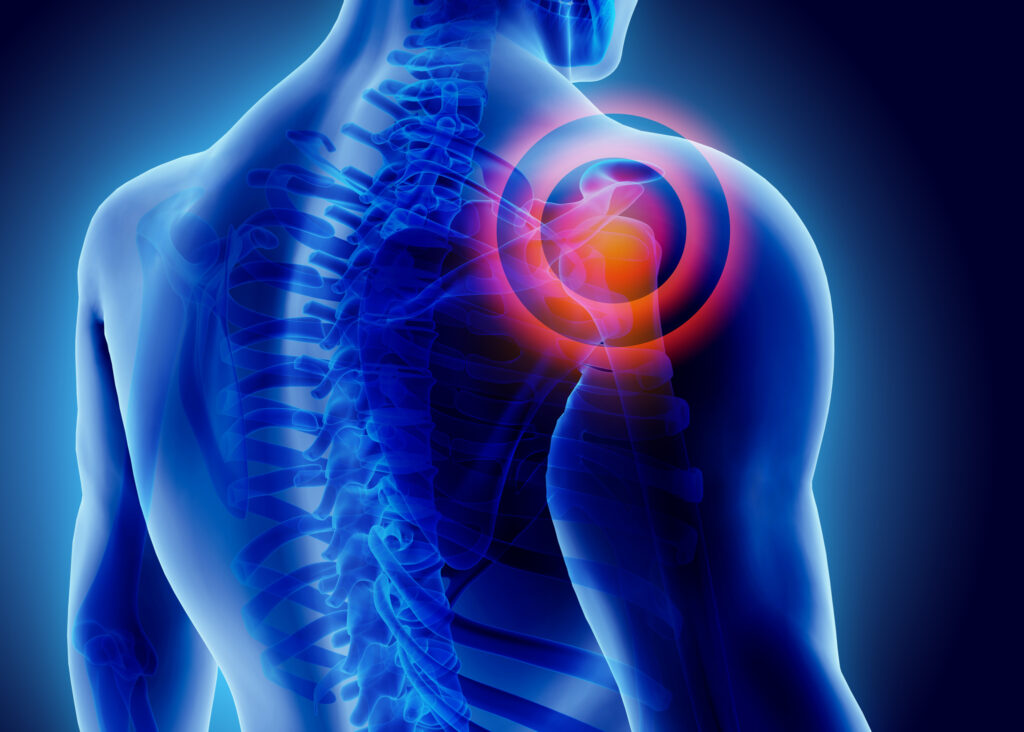Exploring Parsonage-Turner Syndrome: A Link with Hematopoietic Stem Cell Transplantation
Parsonage-Turner syndrome, also known as idiopathic brachial neuritis, is a condition characterized by inflammation of the brachial plexus. This intricate network of nerves is vital for shoulder, arm, and hand movement. Individuals affected by this syndrome often experience sudden and intense pain in the shoulder, which is then accompanied by weakness and early muscle atrophy. Despite its debilitating effects, the exact cause of Parsonage-Turner syndrome remains elusive, with current theories suggesting an immune-mediated mechanism might be at play.
Recent studies have started to explore the implications of hematopoietic stem cell transplantation (HSCT) in various medical fields, particularly in treating hematological malignancies. However, its role in managing autoimmune diseases is gaining traction as well. While HSCT has shown promising results in several areas, its neurological side effects, including those related to Parsonage-Turner syndrome, are likely underdiagnosed.
In a recent publication, the authors delve into the rare association between Parsonage-Turner syndrome and hematopoietic stem cell transplantation. They present two clinical cases of idiopathic brachial plexopathy following HSCT, raising important questions about the reconstruction of the immune system post-transplant. This immune reconstitution may potentially serve as a trigger for developing brachial plexopathy in susceptible individuals.
The complexity of the immune system’s response after transplantation indicates a need for further investigation. Understanding the etiology of Parsonage-Turner syndrome in the context of HSCT could illuminate the pathophysiology of both conditions and help establish a clearer cause-effect relationship.
As the medical community continues to explore these connections, it becomes increasingly vital for healthcare professionals to remain vigilant in diagnosing and managing the neurological side effects associated with HSCT. The insights shared by the authors in this study pave the way for future research, which could ultimately lead to improved outcomes for patients experiencing these challenging conditions.
In conclusion, while the relationship between Parsonage-Turner syndrome and hematopoietic stem cell transplantation is still being unraveled, the evidence presented by the authors highlights the importance of awareness and further research in understanding how these two significant medical phenomena intersect.


